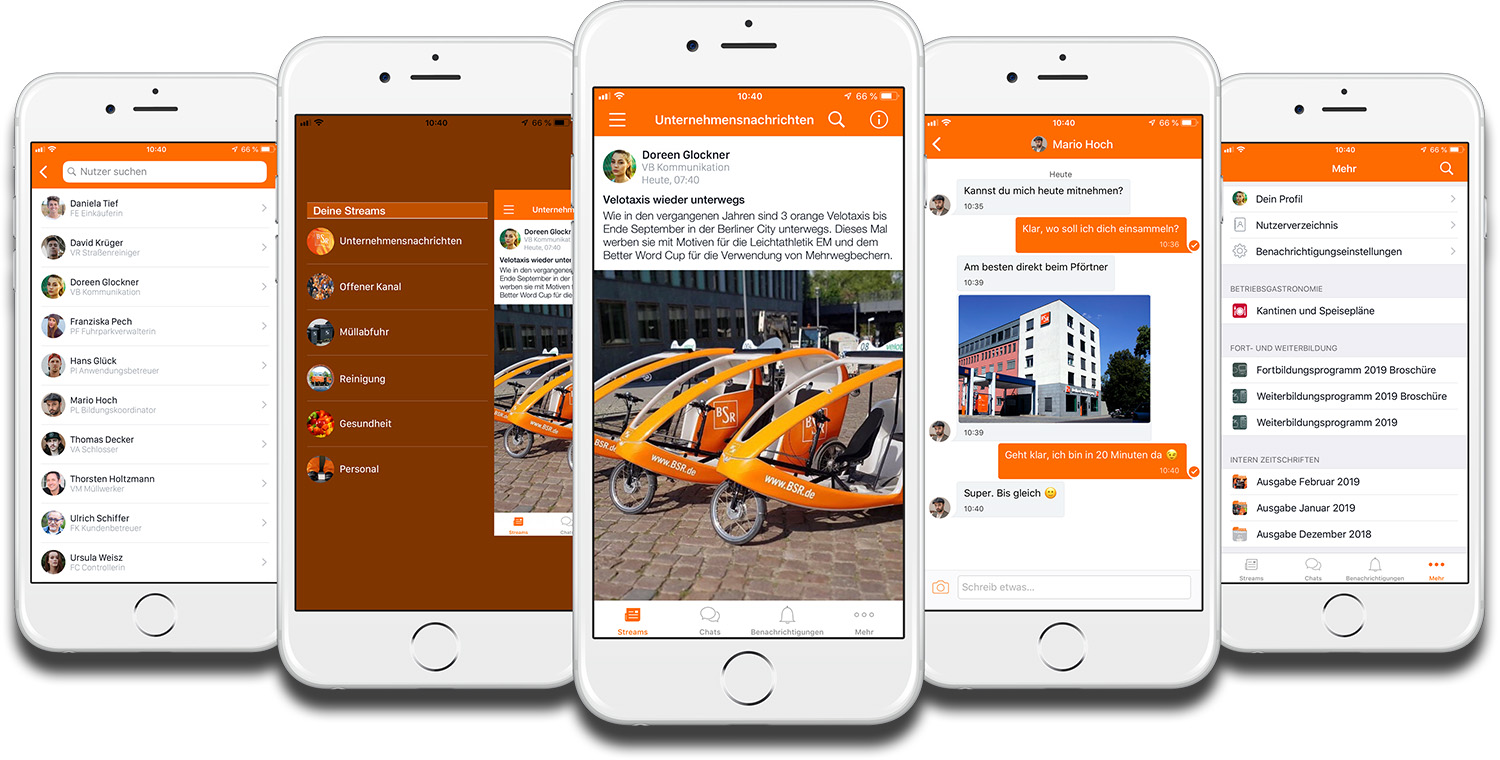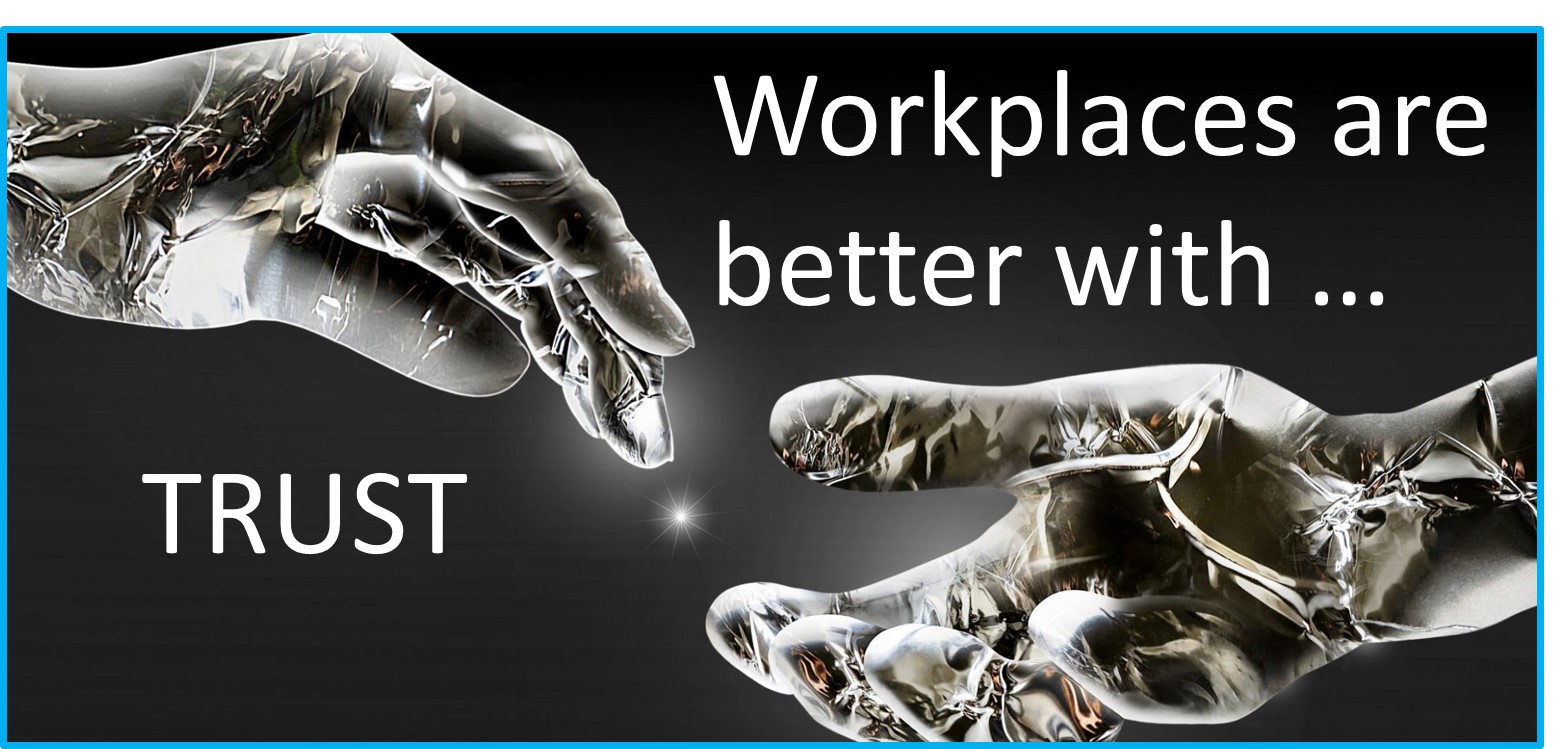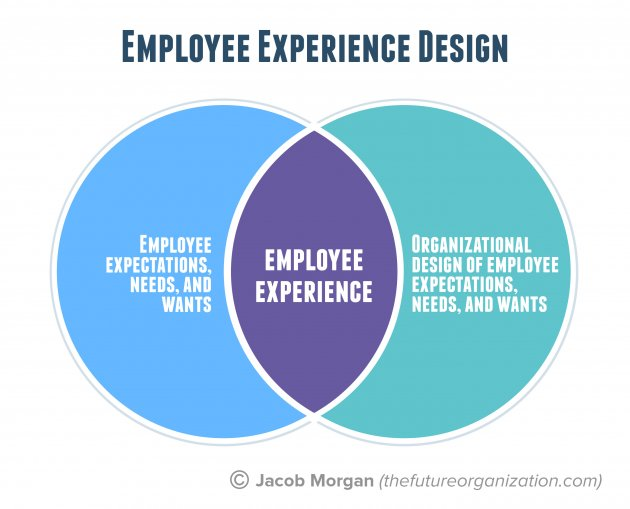While the end of the Covid-19 may not be in sight and the full extent of its impact remains unclear, leaders must embrace this time as one that will help them be better prepared for future hardships.
Are people really your "most important asset"?
Then would it be fair to say that you should focus on the physical safety of your people first, the mental health of your people second and then worry about collateral damage and the P&L next.
Read More
Topics:
Employee Engagement,
Internal Communications,
Best Practice,
Operational Efficiency,
Safety
If I were to head a large company, I would pay my Head of Internal Communications more than my Head of External Communications.
Why?
Because I know that if this company is really to change, and to persuade the outside world it has changed, it has to change on the inside first.
Internal Communication is here to enable change and execution of the strategy.
Read More
Topics:
Employee Engagement,
Internal Communications,
Employee Experience,
Best Practice,
Operational Efficiency
We all know the basic ingredients for high employee engagement:
A meaningful purpose, recognition, open communication, involvement, personal growth and some autonomy in performing our work.
But all of these don’t work if the basic ingredient is missing:
Read More
Topics:
Internal Communications,
Employee Experience,
Operational Efficiency
Employee experience (EX) is our journey within the workplace. It must include the entire organizational journey; starting from the application process and continuing after being separated. This includes recruitment, on-boarding, our role within the organization, how well we understand the goals of the business, how the company rewards us and how it develops us to be the best that we possibly can be.
Is it optional?
Certainly not. We will have an experience anyway. Whether it is a good one that we enjoy for many years or a bad one we want to quit quickly will make or break a business in the long run.
How?
Read More
Topics:
Employee Engagement,
Employee Experience,
Best Practice,
Operational Efficiency
In Singapore staff attrition rates are rather high and employee engagement is rather low when compared to our neighboring countries.
According to the Ministry of Manpower attrition rates are the highest (> 40%) in sectors that are also characterized by a high share of Non-Desk Employees like F&B and Hospitality.
These Non-Desk Employees, also referred to as frontline employees, significantly impact a company's success. Especially since they are the people that interact with your customers and guests most frequently.
Read More
Topics:
Retail,
Hospitality,
Logistics,
Manufacturing,
F&B,
Internal Communications,
Employee Experience,
Operational Efficiency
Creating an internal communications culture across multiple properties can be hard. The same is true for managing hotel operations across a diversified portfolio. It can be tough to know how to blend these various cultures and brand identities on the local level while ensuring organization-wide alignment.
How can hospitality property managers bridge the multi-location cultural divide, and ensure smooth hotel operations?
Read More
Topics:
Hospitality,
Internal Communications,
Employee Experience,
Operational Efficiency,
Use-Case
In business, change is inevitable. Companies evolve in any number of ways: new leadership, rapid growth, digital transformation, a merger, or an acquisition.
The traditional approach to change management usually implies detailed central planning and top-down hypotheses. The result? Around 70% of change projects fail.
The new collaborative way of managing change focuses on the process of collective, joint-exploration of change. Because people are not against change per se – they are against being changed. To make the people part of the change they first need to believe in change.
Change begins with Communication.
Read More
Topics:
Internal Communications,
Best Practice
Just like in any relationship, poor staff communication can cause an organization to slowly deteriorate. The problem with poor communication is it can be hard to recognize before the damage is done. Tasks start falling through the cracks and blame is then passed around.
Good communication is key to the health and well being of a company.
A Towers Watson Study found companies with highly effective employee communications tools enjoy 47% higher financial returns compared to firms with ineffective communication.
Here are 6 signs a good employee communication software could spot to nip your staff communications issues in the bud.
Read More
Topics:
Internal Communications,
Best Practice
Becoming a digital workplace is more than downloading apps, automating HR functions, or adopting communication tools.
While these are core components of a digital workplace, there has to be a well-thought-out strategy to accompany adoption that benefits every level of your company.
When a digital workplace is implemented as an intentional business solution it delivers results, like a high performing workforce, that makes your company more competitive.
As you design your digital workplace strategy you need to know:
Read More
Topics:
Internal Communications,
Employee Experience,
Best Practice,
Operational Efficiency
More and more businesses are investing considerable time and resources into developing their employees’ soft skills and creating a more welcoming, engaging atmosphere for their employees.
Recently the Business Roundtable, a group of chief executive officers from major U.S. corporations, issued a statement that redefines the very “purpose of a corporation.”
Read More
Topics:
Employee Engagement,
F&B,
Employee Experience,
Best Practice,
Operational Efficiency












